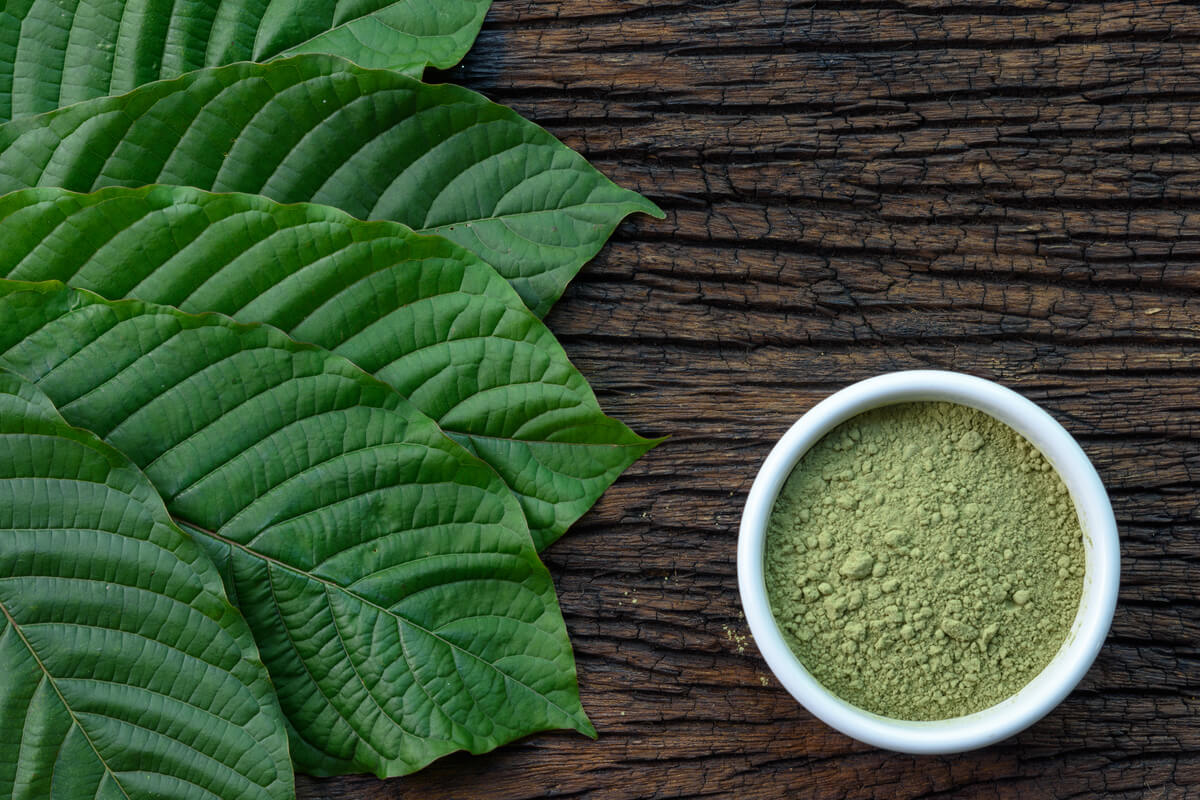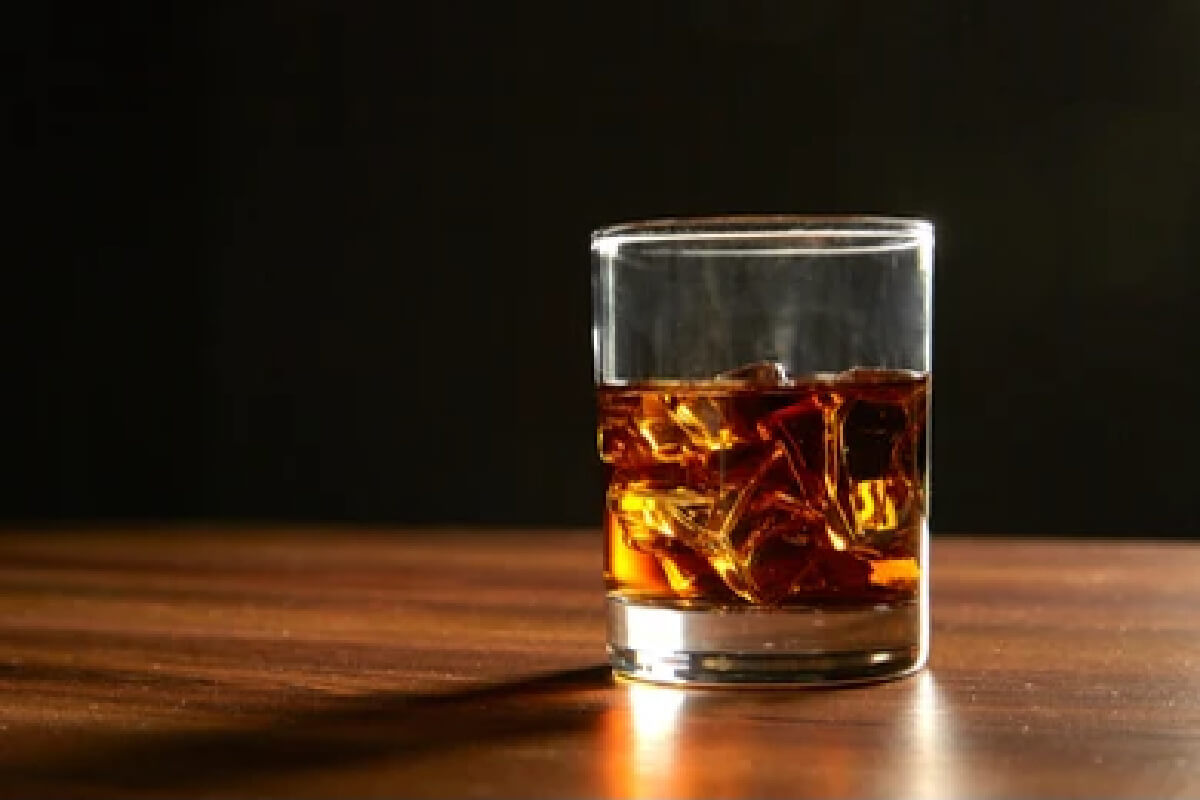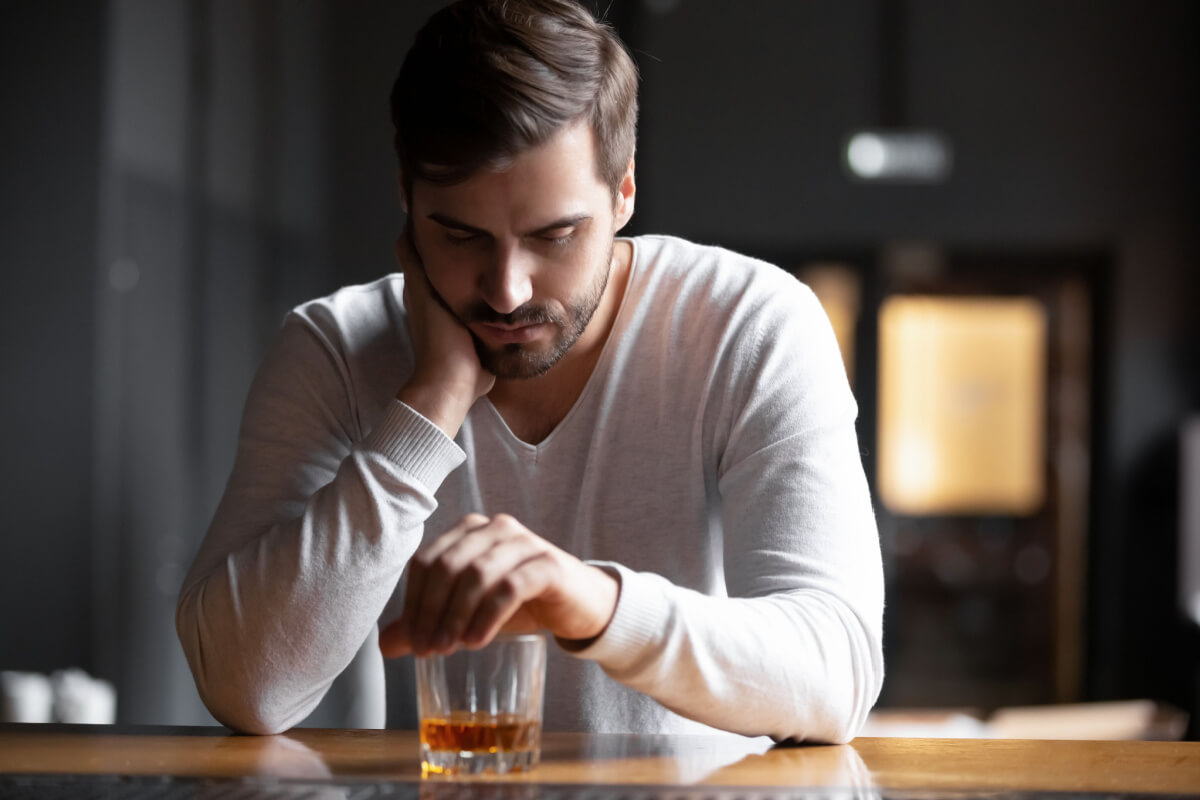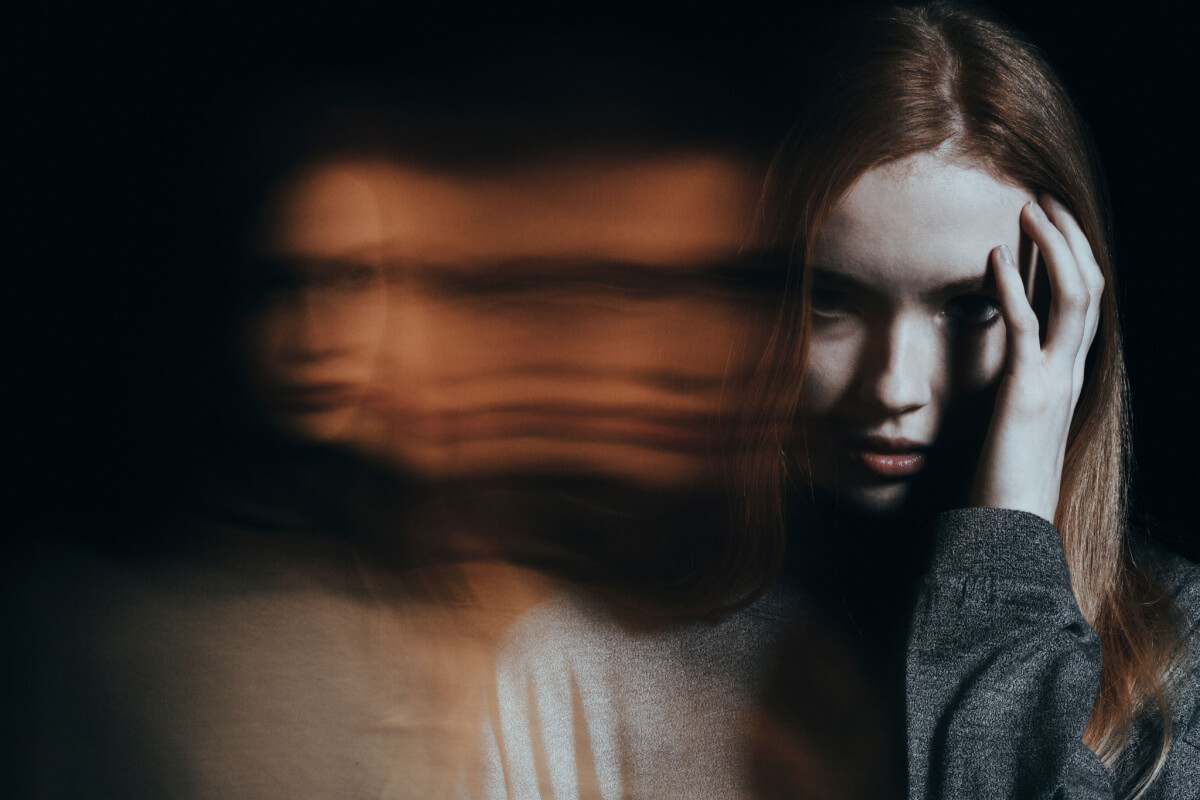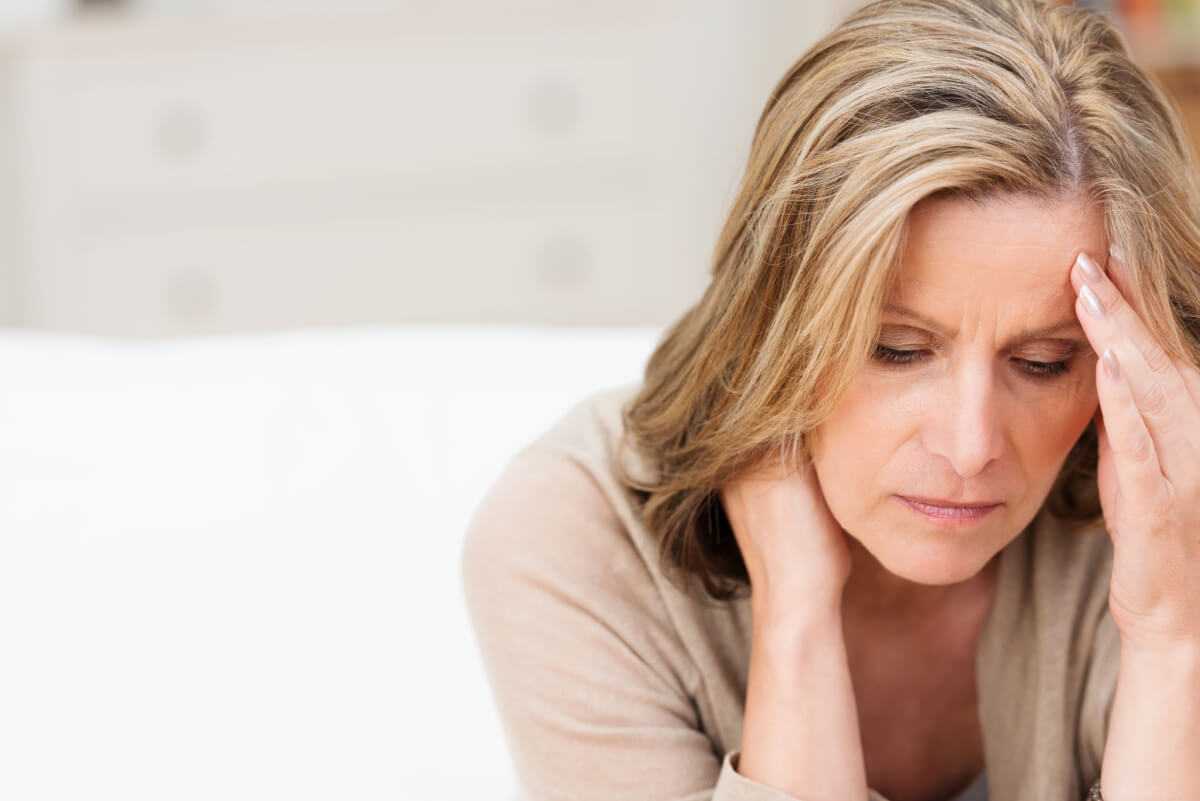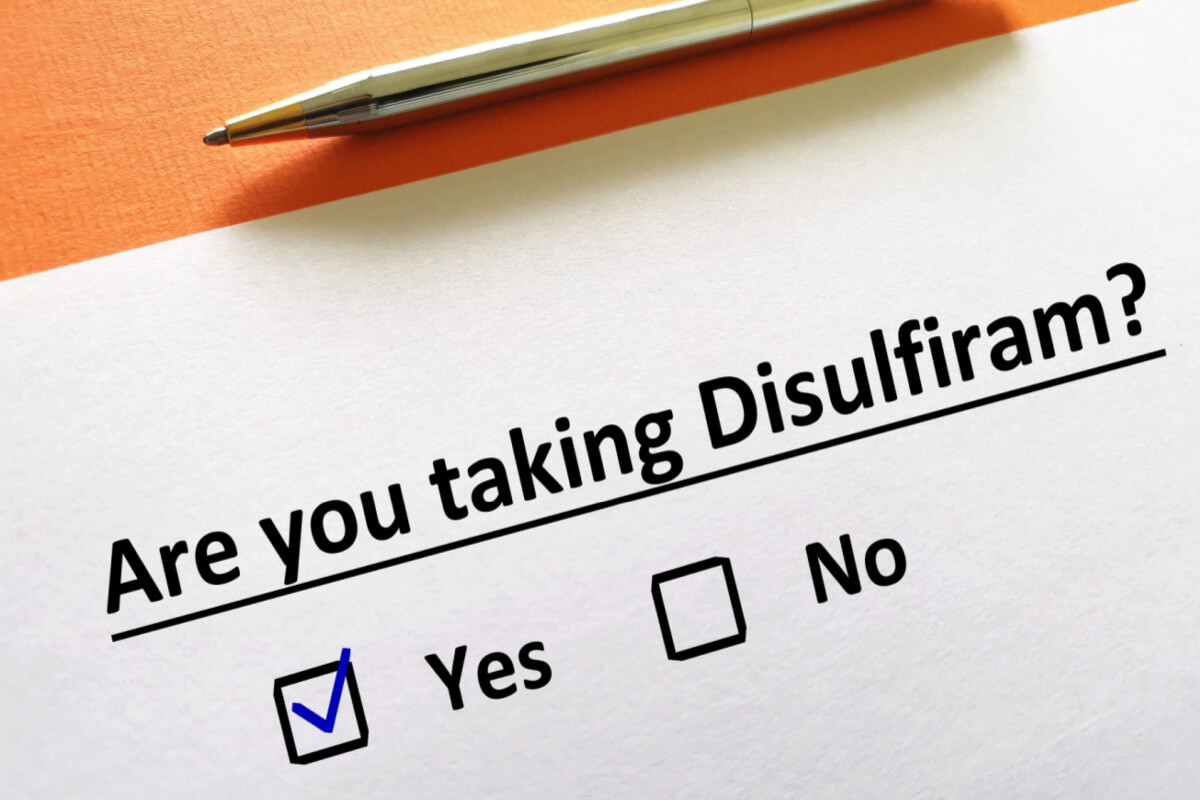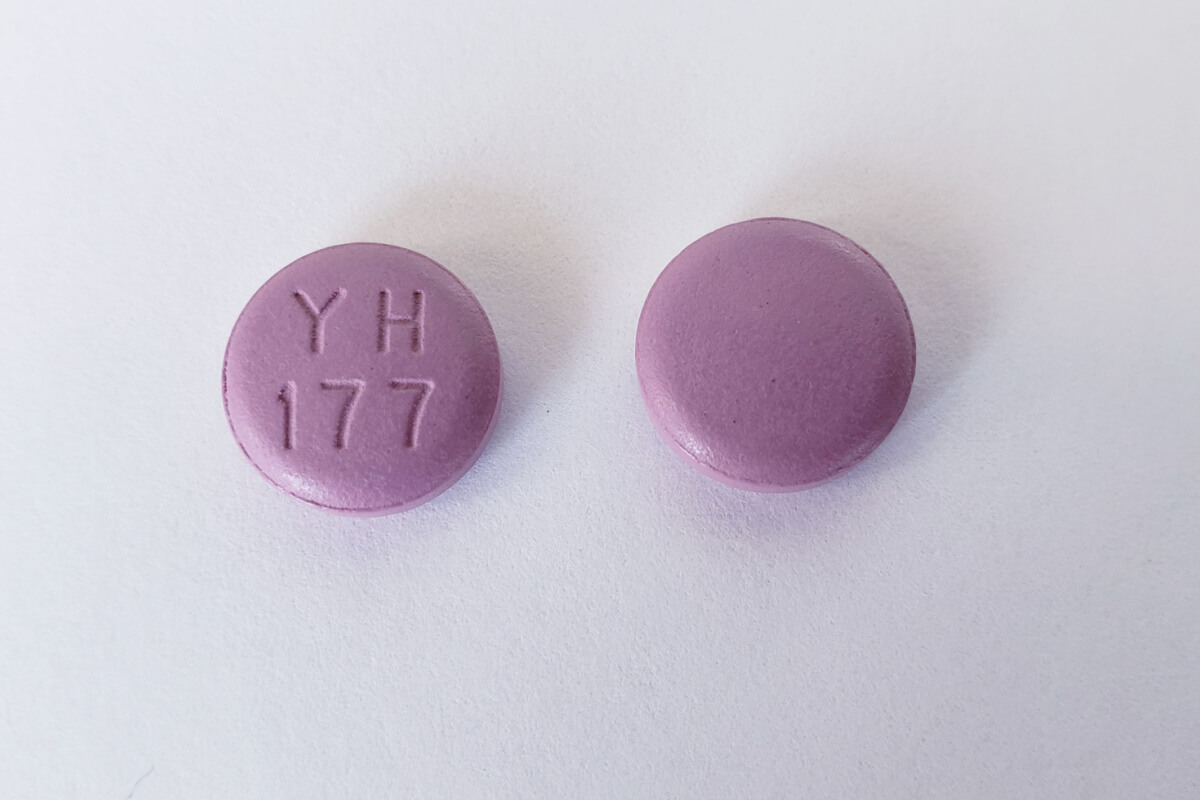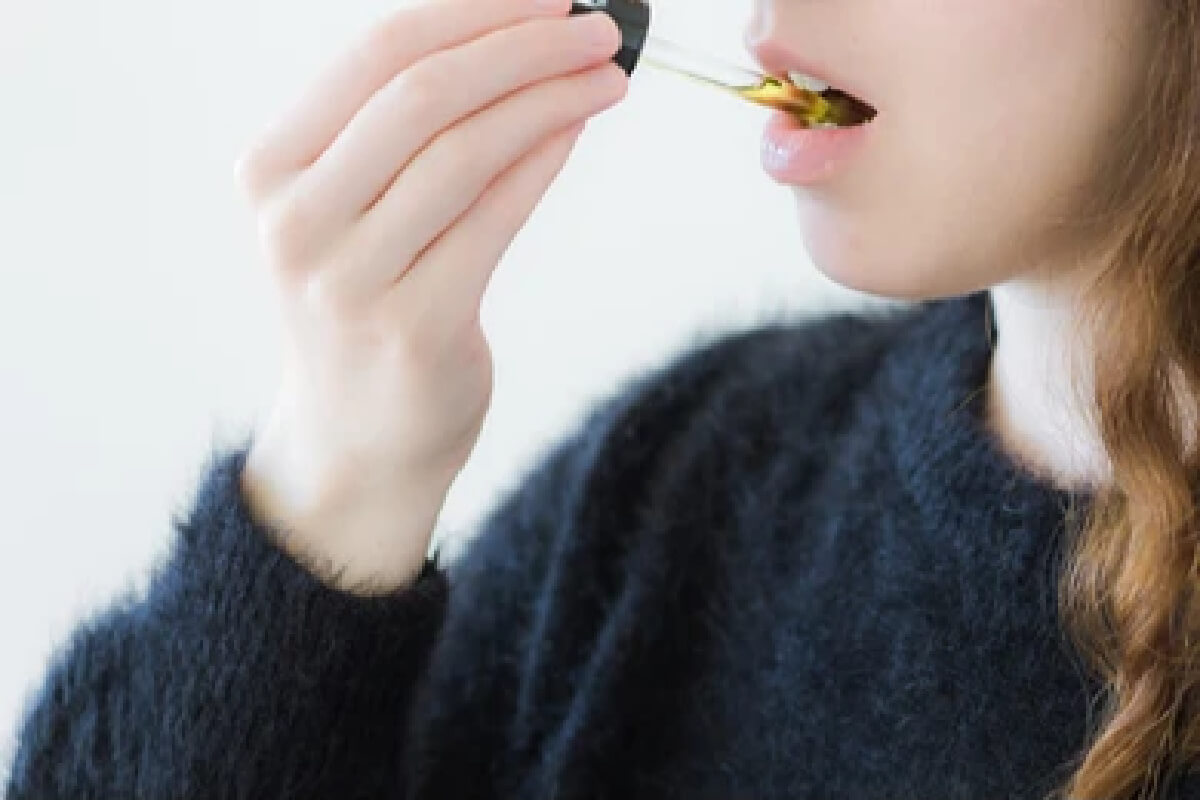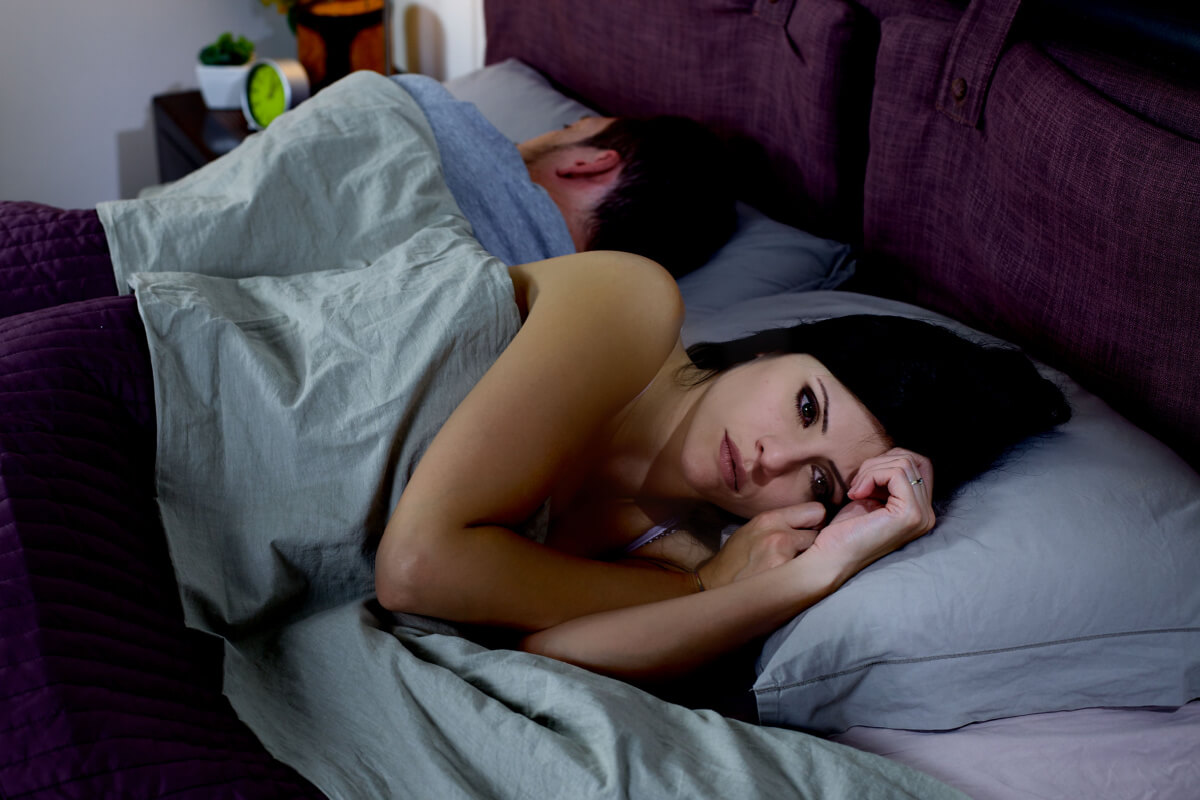- What Are Night Sweats
- Common Symptoms
- How Alcohol Cause Night Sweats
- Alcohol Withdrawal & Night Sweats
- Can It Be Caused by Alcohol Intolerance?
- Alcohol Intolerance vs. Withdrawal
- How Long It Lasts
- Alcohol Intake & Sweat Severity
- Alcohol Sweats vs. Other Causes
- Diagnosing Night Sweats
- Treatment Options
Between 10% and 60% of adults experience night sweats, or the sensation of sweating during sleep or at night.[1] For some, a condition like menopause, low blood sugar or HIV is to blame. Certain medications like antidepressants can cause night sweats as well.
For others, night sweats are triggered by alcohol use, misuse or alcohol withdrawal.

If you regularly have night sweats after drinking that can’t be explained by other conditions, you could have alcohol use disorder or compulsive alcohol misuse.
Can Alcohol Cause Night Sweats?
Quick Answer
Yes, alcohol use can cause night sweats for a variety of reasons, including alcohol’s impact on body temperature regulation, alcohol’s vasodilating effects (which cause skin flushing and perspiration), alcohol intolerance and alcohol withdrawal syndrome.
Common Symptoms of Night Sweats After Drinking
The main symptom of night sweats is severe sweating that starts at night with no heat-related cause immediately identified.
People with night sweats may also develop the following symptoms:
- Clammy skin
- Facial or whole-body flushing
- Headaches
- Thirst
Night sweats can interrupt sleep, as some people must get out of bed to make them stop, change their clothes or change their bedding. Repeated episodes can lead to poor sleep and then fatigue the following day.
How Does Alcohol Cause Night Sweats?
Night sweats are nighttime sweating episodes that are so severe that you awaken and may need to change your sheets or clothes.[2]
There are a few explanations for why you may sweat in your sleep after drinking alcohol.
Alcohol can disrupt your body’s ability to regulate temperature (thermoregulation), potentially causing night sweats.[3]
Alcohol is also a vasodilator, which means it causes the blood vessels to relax and dilate. This allows blood to rise to the skin’s surface, causing you to feel warm and flushed. Your temperature then rises and your sweat glands open to cool you off.[4]
Night sweats can also be a symptom of alcohol withdrawal, which occurs when someone who is dependent on alcohol suddenly stops or reduces their drinking.
Alcohol Withdrawal & Night Sweats
Chronic alcohol misuse can lead to dependence, which means the brain and body require the presence of this substance to function without serious distress. Someone who is dependent on alcohol and suddenly quits drinking will experience alcohol withdrawal symptoms.
Alcohol withdrawal can cause excessive sweating because the body’s autonomic nervous system becomes dysregulated. Withdrawal from alcohol can also cause a fever, which can contribute to perspiration.
In addition to sweating (which is a mild, albeit uncomfortable, symptom), alcohol withdrawal can be associated with more serious symptoms such as these:[5,6]
- Tremors and shaking
- Rapid pulse
- Insomnia
- Agitation
- Confusion
- Nausea and vomiting
- Agitation
- Anxiety
- Hallucinations
- Seizure
Unsupervised alcohol withdrawal can be extremely dangerous in those with a severe alcohol use disorder (AUD), a history of complicated withdrawal, a co-occurring medical problem like a seizure disorder and those with a polysubstance issue.
Anyone with AUD should talk to a doctor before quitting drinking cold turkey. They can refer you to a medical detox program in which you receive withdrawal medications like benzodiazepines and 24/7 medical care and supervision in a hospital setting. This is the safest way to undergo alcohol detox since the medical team is there to prevent complications and treat your alcohol withdrawal symptoms, including night sweats.
Can Night Sweats Be Caused by an Alcohol Intolerance?
Yes, in some cases, alcohol intolerance may cause sweating after drinking.
Alcohol intolerance is caused by a genetic inability to break down alcohol efficiently because the person lacks the liver enzyme, aldehyde dehydrogenase 2 (ALDH2), that helps metabolize alcohol. This diminished ability to break down alcohol can cause a buildup of toxic byproducts, which can lead to flushing of the skin. It’s most common in people of Asian descent.[7]
Because an alcohol intolerance can cause skin flushing, people may experience this effect as hot flashes or night sweats.
Alcohol Intolerance vs. Withdrawal
Since both alcohol intolerance and alcohol withdrawal can cause sweating, it’s important to understand the differences between the two conditions. This chart of symptoms (other than sweating) might help:[13,16]
| Alcohol Intolerance [13] | Alcohol Withdrawal [6] |
| Stuffy nose | Anxiety |
| Skin flushing, (especially in the face) | Heart palpitations |
| Hives | Tremors or seizures |
| Nausea | Nausea |
| Low blood pressure | High blood pressure |
People with alcohol intolerance develop symptoms when they start drinking. People with alcohol withdrawal develop symptoms when they try to quit drinking.
How Long Do Alcohol Night Sweats Last?
It depends on the cause. If you are experiencing night sweats from acute intoxication with alcohol or alcohol intolerance, the effects will probably only last while alcohol is still active in your bloodstream.
If you are experiencing night sweats from alcohol withdrawal, these symptoms can last up to several days.[5,6]
The Severity Spectrum: Alcohol Intake & Night Sweat Intensity
The more alcohol you drink daily, the more likely you are to have night sweats. Heavy drinkers also have much more intense symptoms than their light-drinking counterparts.
In one study of premenopausal women, people who drank 40 grams of alcohol or more (roughly 3 standard drinks or more) per day had the highest risk of night sweats, while those who drank 10 grams or less (less than 1 standard drink) per day had the smallest risk.[10]
If you’re already experiencing night sweats due to an underlying health problem, alcohol consumption can make them worse. In a study of women experiencing menopause-related hot flashes, daily drinking “significantly increased” the risk of any night sweats and bothersome night sweats.[11]
Diagnosing the Cause: Is Alcohol to Blame for Your Night Sweats?
A variety of health conditions and medications can potentially cause night sweats, some of which are much more serious than others. These health conditions can cause other symptoms in addition to night sweats:[8]
- Diabetes: This condition may also cause frequent urination, excessive thirst and intense hunger.
- HIV: HIV may also cause headaches, fever, sore throat and muscle pain.
- Menopause: In addition to night sweats, it may also cause infrequent or absent periods, hot flashes during the day and mood swings.
- Mononucleosis: This condition may also cause fever, sore throat and swollen lymph nodes.
- Sleep apnea: This may also cause excessive daytime sleepiness and snoring.
- Tuberculosis: This may also cause coughing, loss of appetite and exhaustion.
The night sweats people experience may not vary from condition to condition. However, if your night sweats are caused by something other than alcohol, you may have additional symptoms your doctor can spot.
Diagnosing Night Sweats
True night sweats cause you to soak your clothing and sheets with perspiration. If they’re severe, you may awaken several times every night to change your clothes and bedding. Interrupted sleep like this is hardly restful, and it can be dangerous.
Experts say you should visit your doctor if your night sweats fit at least one the following criteria:[12]
- They occur regularly.
- They interrupt your sleep.
- They’re accompanied by other symptoms, like a fever or weight loss.
Your doctor will assess your medical history and run tests to look for underlying health conditions that could cause your sweating.
Treating Alcohol-Related Night Sweats
If you are wondering how to stop sweating when drinking alcohol, the best treatment is to minimize drinking. If you have a problem abstaining from alcohol, this may signal alcohol use disorder, often called an alcohol addiction or alcoholism. Your doctor can help you find an effective treatment program.
In the meantime, while you are searching for an alcohol rehab program or waiting to enroll, here are some tips for keeping you cooler at night:[9]
- Use lightweight bedding that can be removed easily.
- Wear loose-fitting pajamas made of linen or cotton.
- Exercise during the day.
- Drink cold water during the night.
- Use air conditioning or a fan in your bedroom.
- Avoid other triggers like caffeine, cigarettes and spicy foods.
If you struggle to cut back on your drinking, reach out for help. With the right support, you can manage alcohol misuse.

Reviewed By Peter Manza, PhD
Peter Manza, PhD received his BA in Psychology and Biology from the University of Rochester and his PhD in Integrative Neuroscience at Stony Brook University. He is currently working as a research scientist in Washington, DC. His research focuses on the role ... Read More
- Mold J, Holtzclaw B, McCarthy L. Night sweats: A systematic review of the literature. The Journal of the American Board of Family Medicine. 2012;25(6):878-893. DOI: https://doi.org/10.3122/jabfm.2012.06.120033
- Night sweats. National Cancer Institute. November 2023. https://www.cancer.gov/publications/dictionaries/cancer-terms/def/night-sweats
- U.S. National Library of Medicine. (2005). Effects of alcohol on thermoregulation during mild heat exposure in humans. Alcohol, 36(3), 195-200.
- Kudo R, Yuui K, Kasuda S, Hatake K. (2015). Effect of Alcohol on Vascular Function.
- American Psychiatric Association. (2013). Diagnostic and statistical manual of mental disorders (5th ed.). https://doi.org/10.1176/appi.books.9780890425596
- Newman RK, Stobart Gallagher MA, Gomez AE. Alcohol Withdrawal. [Updated 2023 Jul 21]. In: StatPearls [Internet]. Treasure Island (FL): StatPearls Publishing; 2023 Jan-. Available from: https://www.ncbi.nlm.nih.gov/books/NBK441882/
- Acute alcohol sensitivity. National Center for Advancing Translational Sciences. Accessed November 2023. https://rarediseases.info.nih.gov/diseases/12634/acute-alcohol-sensitivity
- Viera A, Bond M, Yates S. Diagnosing night sweats. Am Fam Physician. 2003;67(5):1019-1024. https://www.aafp.org/pubs/afp/issues/2003/0301/p1019.html
- Night sweats. Australian Government Department of Health and Aged Care. https://www.healthdirect.gov.au/night-sweats. Accessed November 2023.
- Kwon R, Chang Y, Kim Y, Cho Y, Choi HR, Lim GY, Kang J, Kim KH, Kim H, Hong YS, Park J, Zhao D, Rampal S, Cho J, Guallar E, Park HY, Ryu S. Alcohol consumption patterns and risk of early-onset vasomotor symptoms in premenopausal women. Nutrients. 2022 May 29;14(11):2276. https://www.ncbi.nlm.nih.gov/pmc/articles/PMC9182895/
- Sievert L, Obermeyer C, Price K. Determinants of hot flashes and night sweats. Annals of Human Biology. 2006;33:4-16. https://doi.org/10.1080/03014460500421338
- Excessive sweating keeping you up at night? Know when it’s time to see your doctor. American Osteopathic Association. Accessed December 22, 2023. https://osteopathic.org/what-is-osteopathic-medicine/night-sweats/
- Alcohol flush reaction: Does drinking alcohol make your face red? National Institute on Alcohol Abuse and Alcoholism. Published September 2022. Accessed December 22, 2023. https://www.niaaa.nih.gov/publications/alcohol-flush-reaction-does-drinking-alcohol-make-your-face-red
Download Our Free Program Guide
Learn about our program, its effectiveness and what to expect
Related articles
Imagine what’s possible on the other side of opioid use disorder.
Our science-backed approach boasts 95% of patients reporting no withdrawal symptoms at 7 days. We can help you achieve easier days and a happier future.
